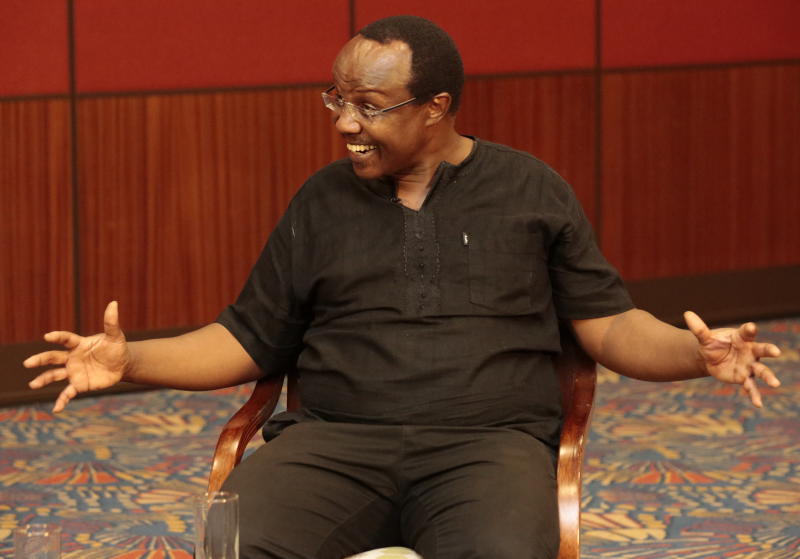×
The Standard e-Paper
Smart Minds Choose Us

The corruption purge could be a political ploy to destroy Deputy President William Ruto ahead of 2022 polls, economist David Ndii has said.
Mr Ndii likened the fight against graft that has been perceived to be targeting Dr Ruto and his allies to the biblical casting of demons by Jesus into pigs before they were drowned.